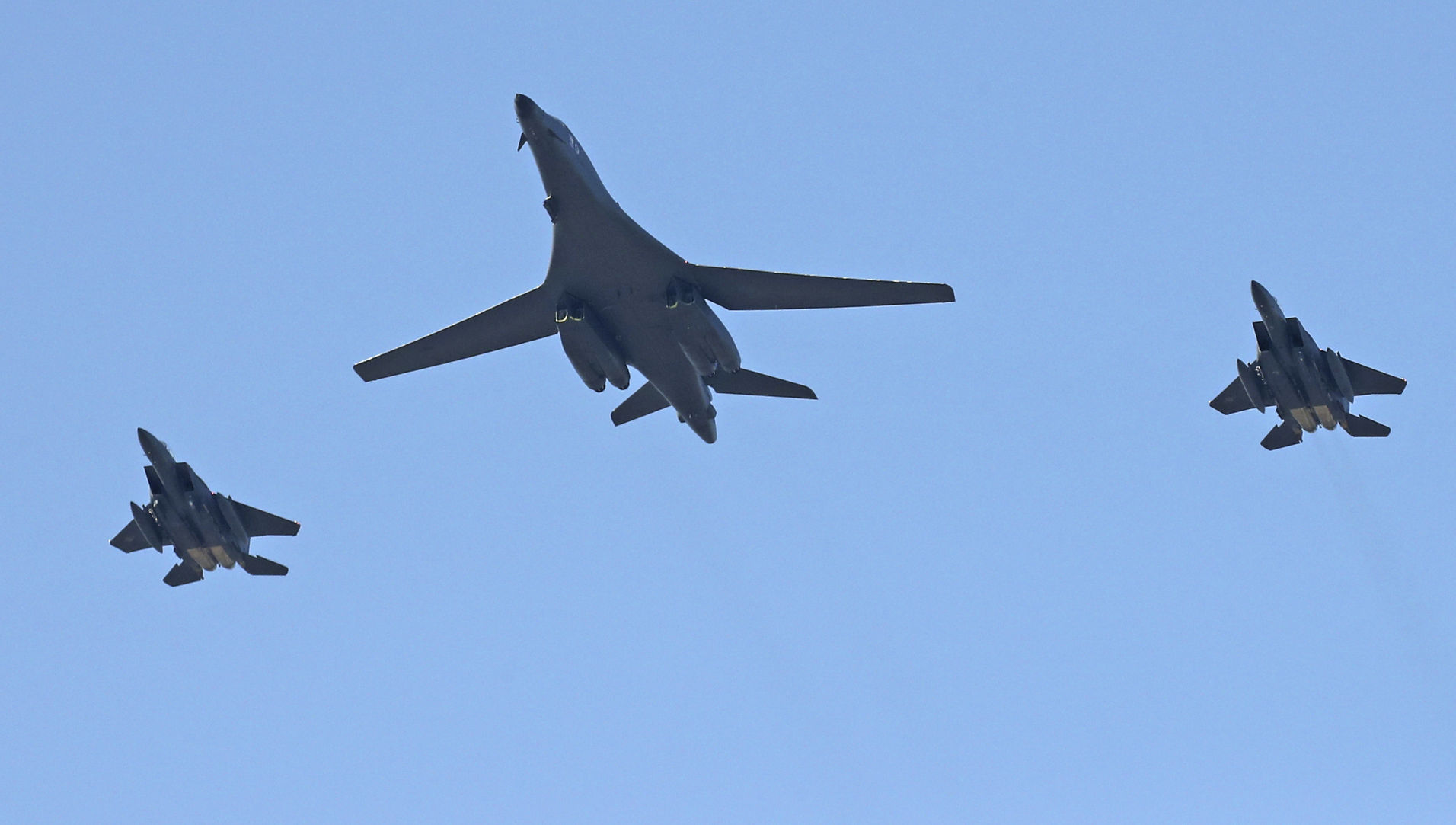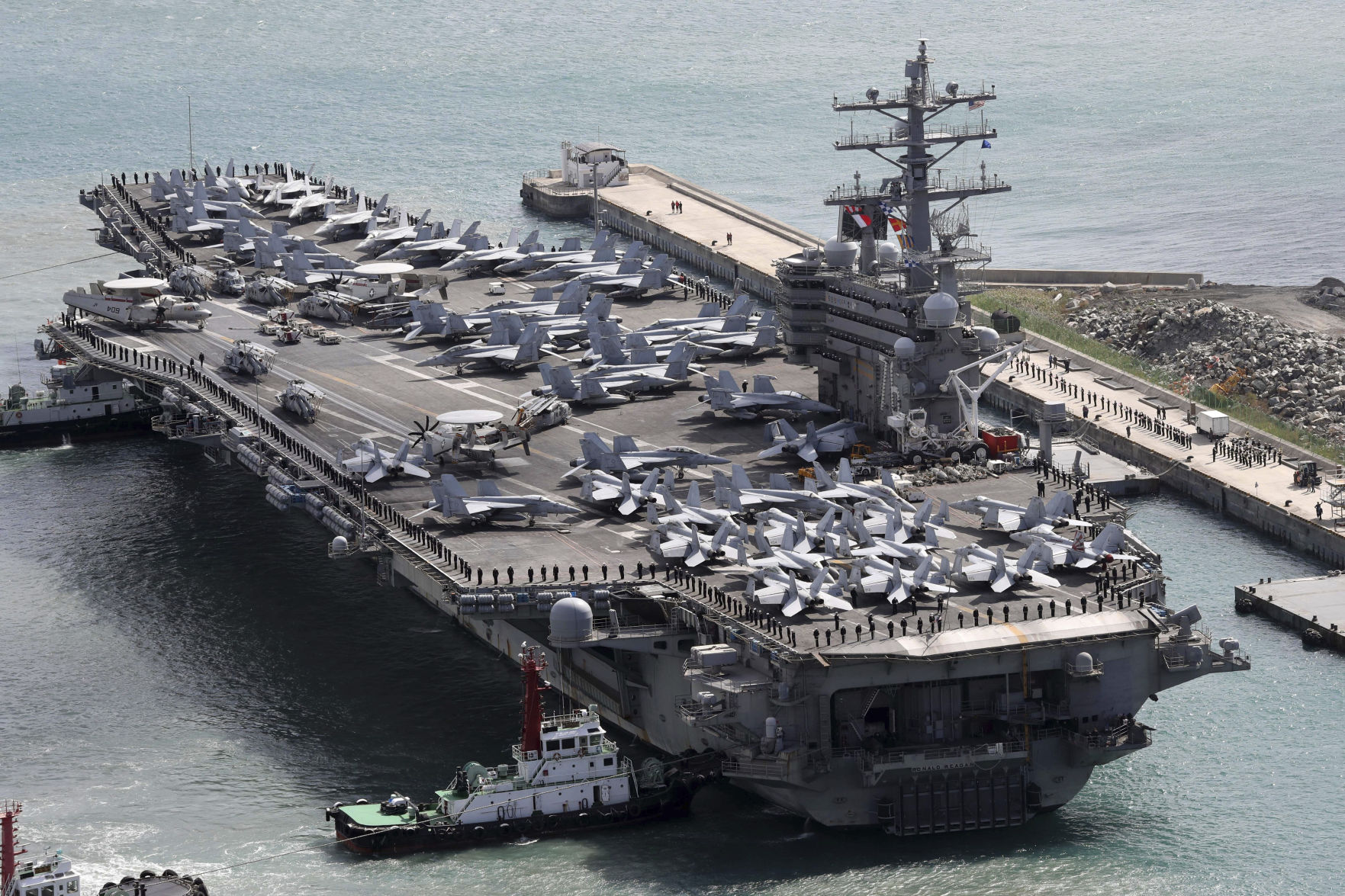UNITED NATIONS (AP) — A U.N. committee has added 32 items that have both civilian and military uses to a list of prohibited goods and technologies banned from sale or transfer to North Korea. The committee that monitors sanctions against
UNITED NATIONS (AP) — A U.N. committee has added 32 items that have both civilian and military uses to a list of prohibited goods and technologies banned from sale or transfer to North Korea.
The committee that monitors sanctions against North Korea said in a report to the Security Council circulated Monday that the additions range from boxes that can be used to carry radioactive materials to continuous cooling systems, flash X-ray machines and seismic detection equipment.
A resolution adopted unanimously by the Security Council on Sept. 11 imposed new sanctions on North Korea for its nuclear and ballistic missile tests and asked the sanctions committee to come up with new designations of so-called dual-use items.
Other banned items now on the sanctions list are particle accelerators, “software for neutronic calculations,” concentrated forms of nitric acid, equipment to detect, monitor and measure radiation, and “radiation-hardened television cameras.”
The Sept. 11 sanctions resolution bans North Korea from importing all natural gas liquids and condensates. The U.S. wanted to ban crude oil imports but the resolution only caps Pyongyang’s imports of crude oil at the level of the last 12 months, and it limits the import of refined petroleum products to 2 million barrels a year.
It also bans North Korea from exporting textiles and prohibits all countries from authorizing new work permits for North Korean citizens — two key sources of hard currency. But it didn’t order an international asset freeze on North Korean leader Kim Jong Un and others as the U.S. sought.
U.S. Ambassador Robert Wood told the General Assembly’s disarmament committee on Monday that the United States is working closely with its allies and partners “to exert maximum economic and diplomatic pressure on the Pyongyang regime to compel its leaders to change course and engage in talks aimed at denuclearization.”
“North Korea will not achieve the security or the prosperity it seeks, until it complies with its international obligations,” said Wood, the U.S. envoy to the Conference on Disarmament in Geneva.
In the face of the growth threat from North Korea, he said, the U.S. commitment to the defense of its allies including South Korea and Japan “remains ironclad.”
In the disarmament committee, the U.S. is sponsoring a resolution promoting compliance with international treaties and other commitments by U.N. member states on non-proliferation, arms limitation and disarmament.
Rachel Hicks, a member of the U.S. delegation, told the committee Monday that North Korea has violated every agreement it made in the past 25 years regarding its nuclear weapons program.
She added that Pyongyang has used its nuclear and ballistic missile programs “to threaten member states” and to leverage international negotiations and agreements “to extort benefit such as oil, food and money from the international community, continuing its destructive drive toward a nuclear arsenal.”
She urged committee members to support the resolution, which is not legally binding.
This will make clear that compliance with agreements “is essential to international peace and security” and will affirm “our determination to use diplomacy to return violators to compliance,” Hicks said.



